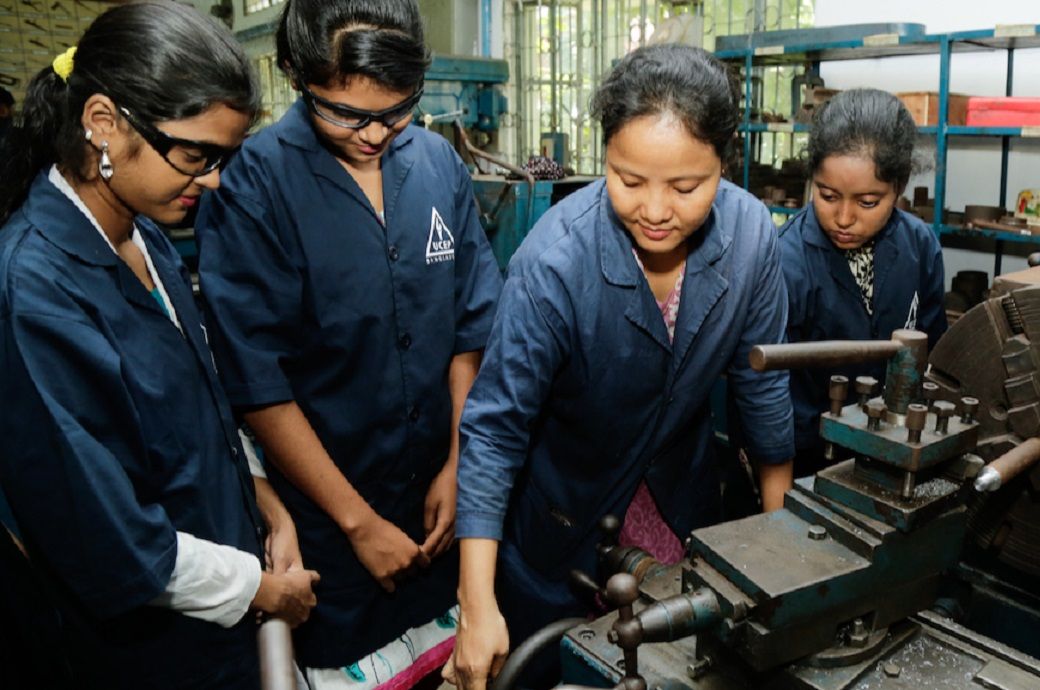
The economy of Bangladesh has been growing at more than 7 per cent on average from 2011 to 2019. The growth has been driven by the country’s thriving ready-made garment industry, remittances, and public investments. To reach its goal of high-income status by 2041, Bangladesh strives to diversify its economic base and transition into the high-value, high-skilled manufacturing space. Higher levels of skills and education among the country’s workforce will be required to drive this transformation as few graduates now have industry-required technology-based skills, ADB said in a press release.
“ADB has been supporting Bangladesh’s nationwide skills programme and is committed to further enhancing the skills and productivity of its large young workforce, with emphasis on technology-oriented advanced skills, managerial capabilities, and innovation capacity based on research and development,” said ADB principal social sector specialist Sunhwa Lee.
“This initiative assists the government in increasing a highly skilled workforce across industries to foster technology adoption and boost industry competitiveness, creating synergy with other ADB interventions in the country,” said ADB country director for Bangladesh Edimon Ginting.
The ADB-financed programme will strengthen mid-level managerial development courses for garments and other priority industries to produce a cadre of managers abreast of global technology trends and green business practices. It will also provide competitive grants for university-industry collaborated research and development projects to stimulate innovative solutions for industries.
Skills courses with international certification will be scaled up for potential migrant workers to gain better employment opportunities overseas and increase remittance flows. In addition, special skills programmes will be created for vulnerable groups, such as people with disabilities, transgender people, and people in small ethnic communities. For women workers in the garment sector who are at high risk of job loss due to automation, upskilling and multi-skilling will be provided, along with support for alternative livelihood, green entrepreneurship, and community-based empowerment.
ADB will support the government to expand training partnerships with industries, universities, and training institutions to provide industry-aligned skills training for priority and emerging sectors. ADB will facilitate technical cooperation with international partners for transfer of knowledge and capacity development.
Fibre2Fashion News Desk (NB)